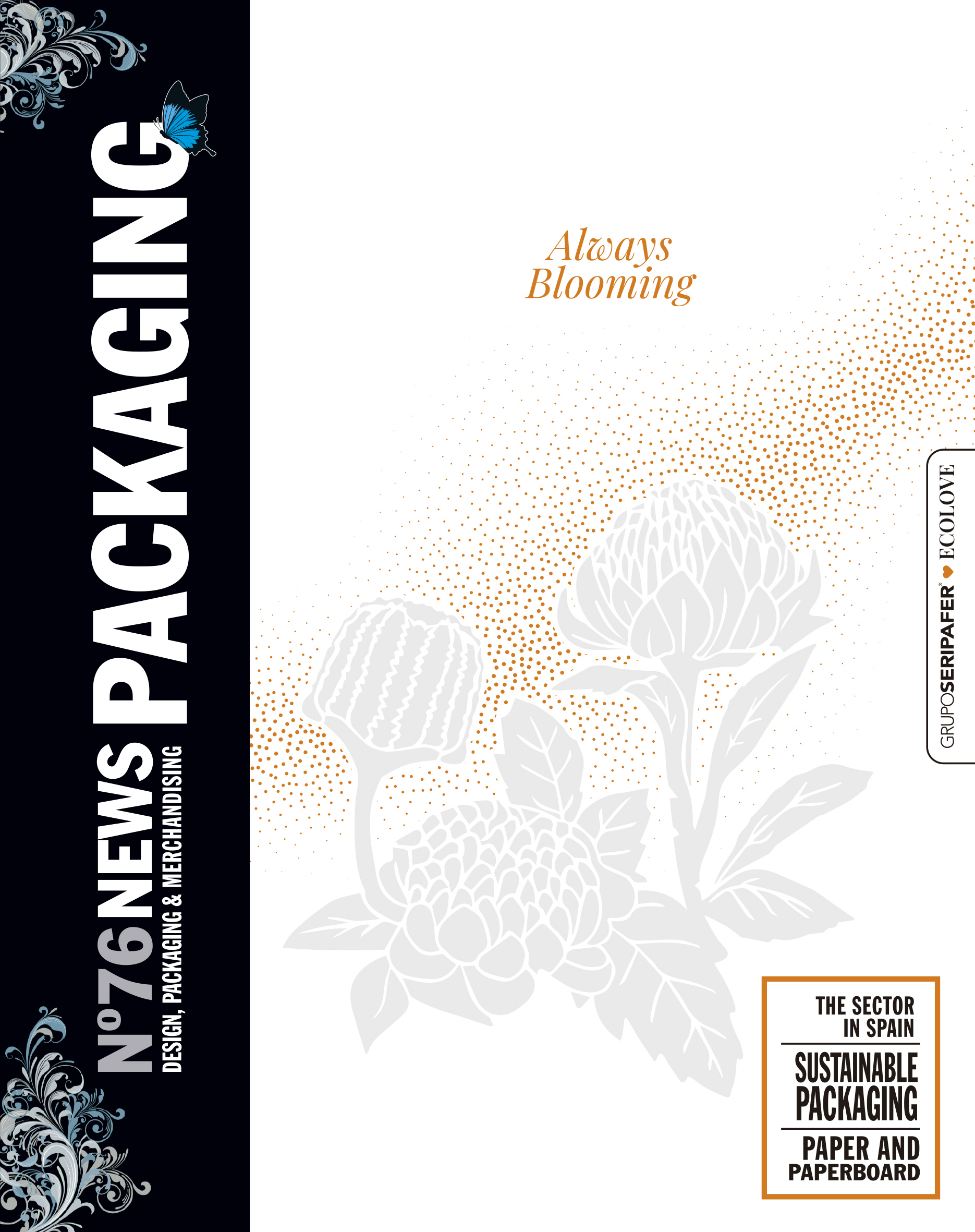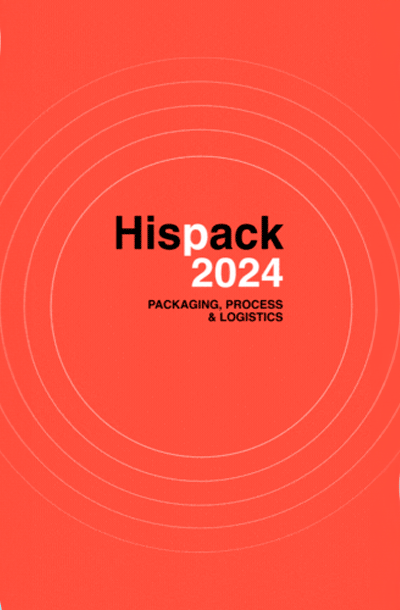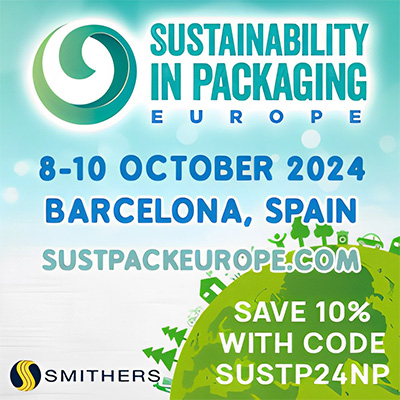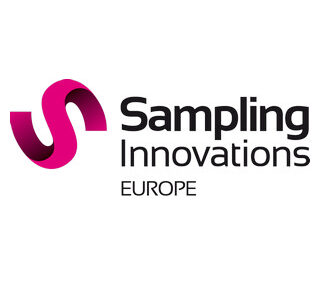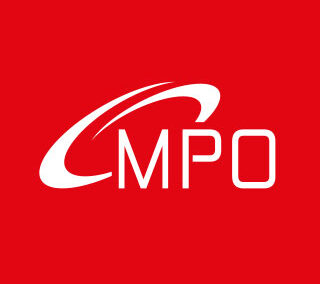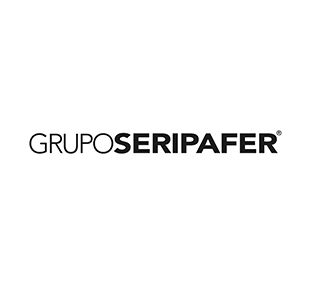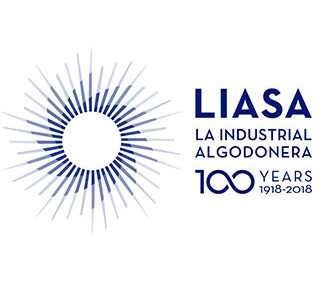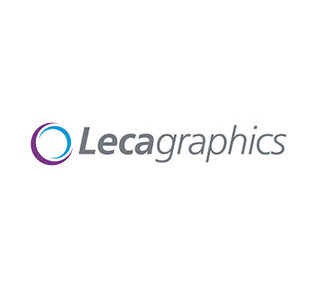Knauf Industries lanza NeoPS, a new raw material made from plant biomass and renewable resources. Certified by REDcert, an endorsement that guarantees mandatory sustainability for biofuels and bioliquids based on the EU Directive on renewable energy, this expandable monomaterial is also suitable for the manufacture of food packaging.
It is a step forward in the production of eco-sustainable packaging and, by dispensing with fossil raw materials of petrochemical origin, its carbon footprint is much lower than that of other materials.
NeoPS is obtained through a chemical process from plant biomass composed of plant residues, such as branches and leaves, and soy, corn, wheat or cereal residues. It does not use agricultural plantations for its preparation.

